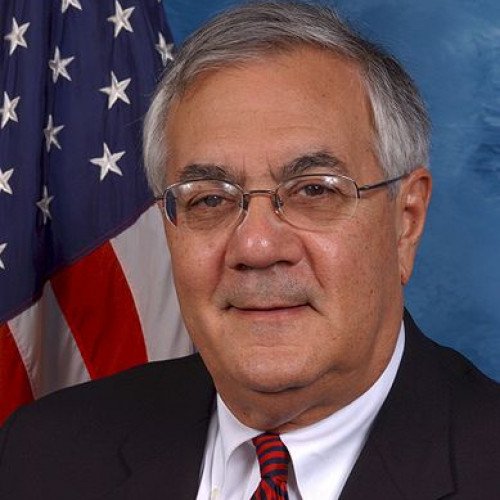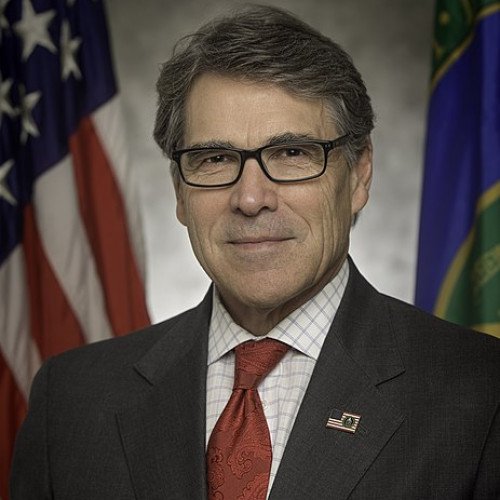Barney Frank VS Rick Perry

Barney Frank
Barnett Frank (born March 31, 1940) is an American former politician. He served as a member of the U.S. House of Representatives from Massachusetts from 1981 to 2013. A Democrat, Frank served as chairman of the House Financial Services Committee (2007–2011) and was a leading co-sponsor of the 2010 Dodd–Frank Act, a sweeping reform of the U.S. financial industry. Frank, a resident of Newton, Massachusetts, was considered the most prominent gay politician in the United States during his time in Congress.Born and raised in Bayonne, New Jersey, Frank graduated from Bayonne High School, Harvard College and Harvard Law School. He worked as a political aide before winning election to the Massachusetts House of Representatives in 1972. He was elected to the U.S. House of Representatives in 1980 with 52 percent of the vote. He was re-elected every term thereafter by wide margins. In 1987, he publicly came out as gay, becoming the first member of Congress to do so voluntarily. From 2003 until his retirement, Frank was the leading Democrat on the House Financial Services Committee, and he served as committee chairman when his party held a House majority from 2007 to 2011. In July 2012, he married his long-time partner, James Ready, becoming the first member of Congress to marry someone of the same sex while in office. Frank did not seek re-election in 2012, and retired from Congress at the end of his term in January 2013. A biography of Frank was published in 2015.
Statistics for this Xoptio

Rick Perry
James Richard "Rick" Perry (born March 4, 1950) is an American politician who served as the 14th United States Secretary of Energy from 2017 to 2019 and as the 47th Governor of Texas from 2000 to 2015. Perry also ran unsuccessfully for the Republican nomination for President of the United States in the 2012 and 2016 elections. Born into a family of cotton farmers in Haskell, Texas, Perry graduated from Texas A&M University in 1972 and entered into the United States Air Force, serving a five-year stint and achieving the rank of captain. After leaving the Air Force in 1977, Perry returned to Texas and entered politics, serving as a Democratic member of the Texas House of Representatives from 1985 to 1991. In 1989, Perry switched parties and became a Republican, and was elected Agriculture Commissioner of Texas the following year. In 1998, Perry was elected Lieutenant Governor of Texas, becoming the state's first Republican Lieutenant Governor since Reconstruction. Perry assumed the governorship of Texas in December 2000, after Governor George W. Bush resigned following his election as President. Perry was re-elected Governor three times, becoming the longest-serving Governor in Texas history. As Governor, Perry identified as a staunch conservative, enacting conservative fiscal policies, restrictions on abortion and expanded gun rights. Long considered a potential presidential candidate, Perry officially announced his candidacy for the 2012 Republican nomination for President in August 2011. Perry initially performed well in polling and showed strong fundraising prowess, leading to him being considered a serious contender for the nomination, however his support declined following poor performances in debates and early primaries and he withdrew from the race in January 2012.Perry declined to run for re-election to a fourth term as Governor and left office in 2015, launching a second presidential campaign shortly after. Perry's second presidential campaign failed to garner substantial polling support, fundraising or media attention, leading to him withdrawing from the race after only three months. Perry was initially a vocal opponent of Donald Trump's 2016 campaign for President, however he later endorsed Trump after he secured the Republican nomination. After winning the presidency, Trump appointed Perry as Secretary of Energy and he was confirmed by the United States Senate in a 62–37 vote on March 2, 2017. On October 17, 2019, Perry reported to Trump that he intended to resign as Secretary of Energy at the end of the year. He left office on December 1, 2019.